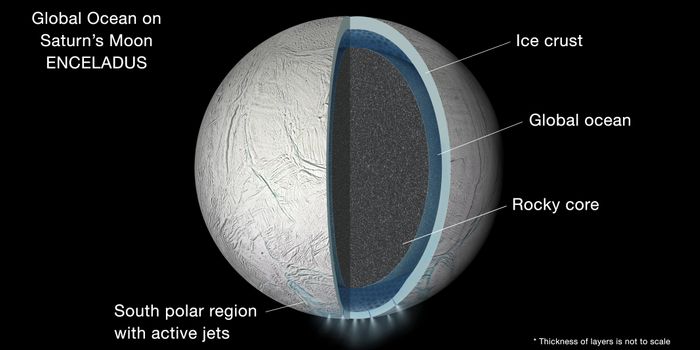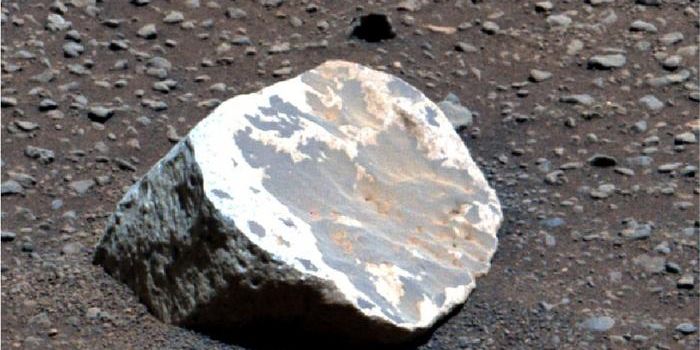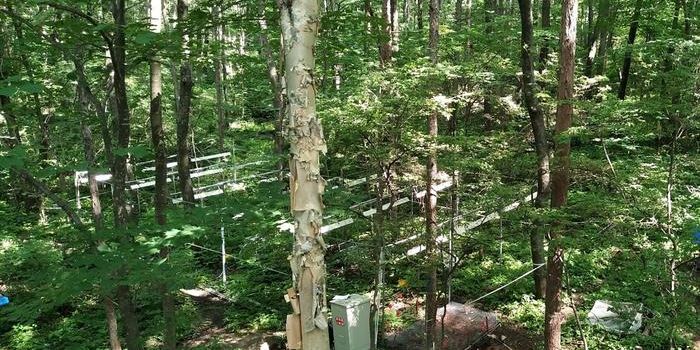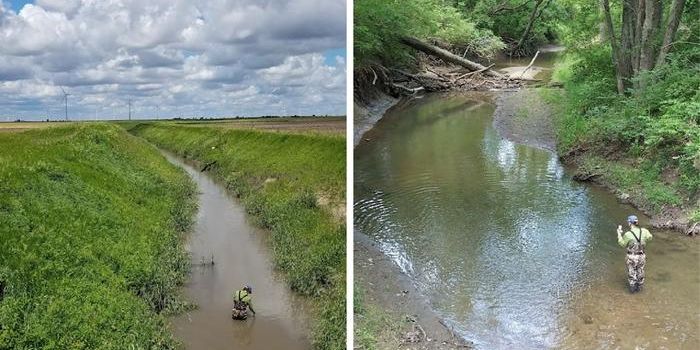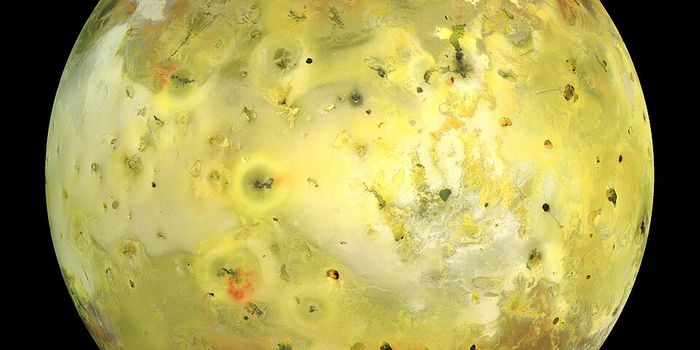Let's use grape skins to deice our roads
Large parts of the country are getting hit with the first big snowstorm of the year this week and if you travel the roads, you ought to be concerned – not about your morning commute, but rather about the materials that humans use to dominate winter.
Each year in the US we use approximately 27 million tons of sodium chloride, also known as your handy-dandy road salt, to keep your roads travel-ready. In total, the economic footprint of repairing winter-related damages to roads combined with the use of deicers and ice control operations amounts to $5 billion annually. And while the safety benefit of deicers is obvious, the environmental costs are high. Commercial deicers contain a) chlorides that do not degrade in the environment and b) chemicals that corrode metals, asphalt, concrete. All of these compounds eventually end up in waterways via sewage systems or in soil, putting aquatic species, local wildlife, beloved pets, and soil microbes at high risk.
While there has been some previous investigation into how organic compounds could act as replacements for commercial deicers, all up until now have proven difficult in some way or another. Take the example of beet juice, which is known to enhance the corrosive effect of deicers. Sounds good, right? Except put beet juice in a river or pond and it depletes oxygen and threatens aquatic organisms. But now new research from WSU suggests grape skins and additional agricultural waste may offer an even more eco-friendly deicing option.
The study was published recently in the Journal of Materials in Civil Engineering and led by graduate student Mehdi Honarvar Nazari and associate professor in Civil and Environmental Engineering, Xianming Shi. "We delivered a more sustainable solution because we're introducing fewer chlorides into the road operations and are achieving comparable or better performance," Shi said. "It's one step in the right direction."
The process the team developed derives chemicals from waste grape skins through chemical degradation and natural fermentation, producing a deicer that is more effective and less damaging to roads and water bodies.
The researchers say the potential for this technology is vast. "The beauty of this approach is that it allows us to diversify," Shi said. "We can use this same platform technology in different regions of the country but choose a different agricultural product, depending on what source of waste is available." In past trials, Shi and fellow colleagues have successfully applied this technology to waste peony leaves, sugar beet leaves, dandelion leaves, and waste from apples and grapes.
Sources: Journal of Materials in Civil Engineering, Science Daily


